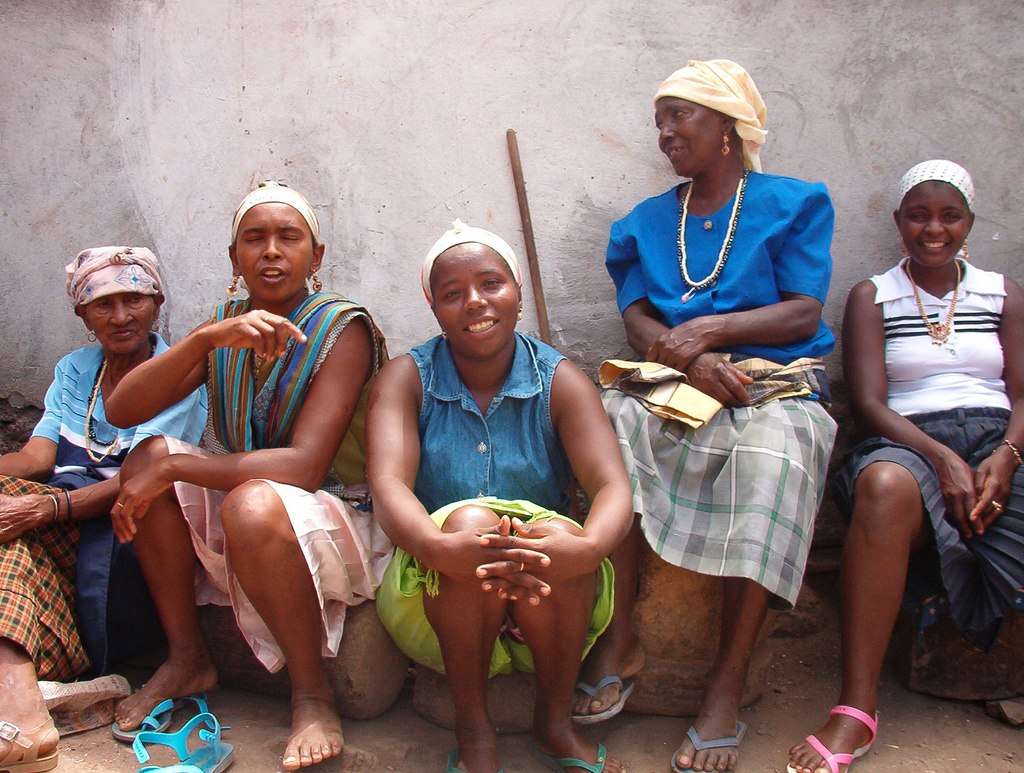Disability and Poverty in Cabo Verde
 As is the trend around the world, there is a correlation between disability and poverty in Cabo Verde, with those with disabilities being more likely than their able counterparts to live under the poverty line. However, the International Labour Organization (ILO) commends the island nation for establishing a social protection floor for some of its most vulnerable communities, including those with disabilities, the elderly and children. It is one of the first African countries to do so.
As is the trend around the world, there is a correlation between disability and poverty in Cabo Verde, with those with disabilities being more likely than their able counterparts to live under the poverty line. However, the International Labour Organization (ILO) commends the island nation for establishing a social protection floor for some of its most vulnerable communities, including those with disabilities, the elderly and children. It is one of the first African countries to do so.
According to the latest studies, an estimated 6% of the population of Cabo Verde is living with some form of disability. However, these figures were published in 2010 and are considerably low in comparison to the rest of the global population, highlighting that they are both out of date and likely to be an underestimate. Given the limited data on disability and poverty in Cabo Verde, it can therefore be difficult to form a complete understanding of what life is really like for those living with disabilities.
Pre-Pandemic
In the years leading up to the COVID-19 pandemic, Cabo Verde saw a considerable reduction in its national poverty rate, from 35.2% in 2015 to 27.7% in 2019. This decline was in part due to the active steps the government made to improve social inclusion for its disabled population.
For example, in 2017, in partnership with Handicap International, the National Human Rights and Citizenship Commission produced and disseminated an informative document on disability rights. Titled ‘Un Mundu Pa Nos Tudu’ (‘A World for Us All’), the document details common challenges faced by people with disabilities and debunks myths surrounding the disabled community, helping to improve levels of inclusion.
During the Pandemic
However, the pandemic pushed an estimated additional 88 million people worldwide into poverty, and the situation in Cabo Verde was no different. By 2020, almost a third (31.3%) of its population was living in poverty, reversing previous progress.
In a report published in 2021, the International Disability Alliance found that the pandemic revealed several key areas where support for the disabled population falls short. These include limited participation of people with disabilities in health policy decision-making, insufficient prenatal care for mothers with disabilities and a mental health care network which excludes the disabled community.
Post-Pandemic
Despite this, the government has implemented policies in the aftermath of the pandemic to continue the positive advancements they made before the outbreak, both with respect to poverty levels and social protection for people with disabilities. In 2022, the poverty rate began to fall again and people with disabilities started to see visible improvements to their standard of living.
Established in 2016, the Rede Nacional de Campanha da Educação para Todos, Cabo Verde (otherwise known as the National Network of The Education for All Campaign, Cabo Verde) was able to resume its efforts to improve the lives of disabled people across the country. Led by Dr Marciano Monteiro, who lives with visual impairment, the coalition advocates for increased funding for inclusive education.
In line with the government’s aim of promoting equal opportunities for all, the Ministry of Education, in partnership with the coalition, published a comprehensive report detailing a new set of regulations for schools across the country. These rules guarantee the inclusion of all children with special educational needs, as well as fee-free education, from basic to tertiary, for all children with disabilities.
These changes have already resulted in visible developments within the education system and the situation regarding disability and poverty in Cabo Verde. The quality of teaching, especially with respect to how teachers can support those with diverse educational needs, has greatly improved, leading to an increase in the number of disabled people who stay in school for longer.
Looking Ahead
In making considerable practical adjustments to education and healthcare, the government in Cabo Verde has enabled the disabled population to receive the support they require. This in turn is helping the country break the cycle of poverty.
– Elsa Tarring
Elsa is based in London, UK and focuses on Good News and Global Health for The Borgen Project.
Photo: Wikipedia Commons
